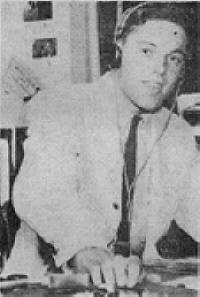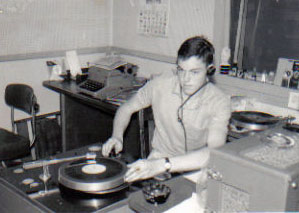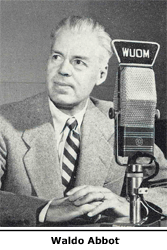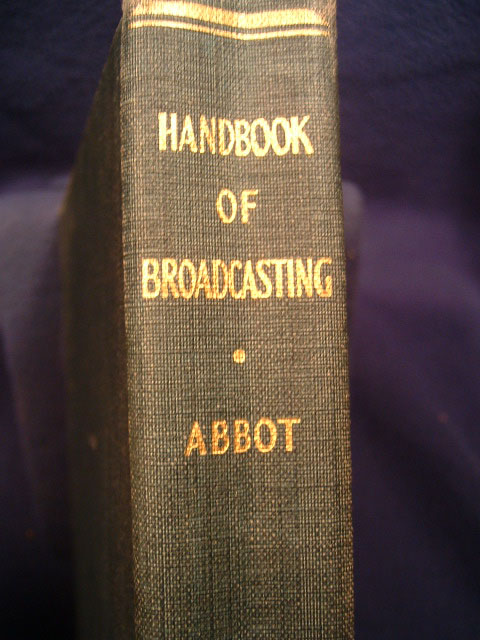WCUY & WJMO Cleveland
1959 - 1964 |
 |
|
The "Friendly"
Broadcasting Company was anything but... It took
months to get a box of toilet tissue shipped
from a warehouse in DC! |
|
I was a part time
and weekend employee while in high school at
R&B-formatted WJMO and co-owned Jazz programmed
WCUY-FM in Cleveland, Ohio. The FM staff
"adopted" me because I worked for free. It was
definitely a low budget operation: when I began
there, the FM station, only broadcast from 5 PM
to 11 PM, Monday to Friday. |
|
By about 1961, the
FCC required a minimum operating schedule. This
was a boon to me, because I was given all day
Sunday to work. I arrived just before 7 AM
sign-on, laden with coffee and a sack of 16¢
Royal Castle burgers, which were kept warm on
top of the transmitter through the day. My
squeaky voice and I played religious shows,
brokered shows and jazz until 11 PM sign-off
rolled around. It paid $1.15 an hour. |
|
WCUY was named for the Cuyahoga River
which flows, and occasionally burns, through Cleveland. (Cuyahoga,
by the way, means "crooked" in a native American language.
Appropriate.) The station logs could be done weeks in advance
because no one was able to peddle any spots. |
|
When the manager
changed in 1962, a formerly glorious MOR host
was hired to do afternoons in the belief that
WCUY would be noticed. My job consisted of
standing next to the transmitter, which was
prone to shutting down when the new host shouted
louder than the Level Devil limiter could
control. I would, of course, instantly hit the
"plate on" button to return the signal to the
air. |
 |
Besides these novel
assignments, I performed a diverse range of functions
including janitor, transmitter operator, record librarian,
studio operator and announcer at WCUY. |
 |
|
|
Cleveland was the
birthplace of Rock 'n Roll. I grew up on the
night show of Alan Freed on WJW, early top-40 on
WERE, and Color Radio at WHK. |
|
The wonderful
station licensed as WCUY was owned by Richard
Eaton's United Broadcasting. |
|
Now, most industry
veterans know of UBC because it single-handedly
lost licenses in Miami and Washington, DC
through on-air and billing practices that the
FCC found intolerable. Still, Eaton's company
was one of the original ethnic broadcasters in
the U.S., affording me some insight into
targeted radio programming.
|
|
Perhaps the most
significant incident surrounding my work with
WCUY was in Spring, 1962. During the Easter
holiday from school, I visited WFAB in Miami,
WCUY's sister station. "La Fabulosa" was the
first full-time Spanish station in Miami,
catering to the Cuban Diaspora following the
Castro takeover. |
|
I acquired a taste for Cuban music by artists
like Orquesta Aragón, Pupi & Su Charanga, La
Sonora Matancera and, of course, Celia Cruz. I
collected mail-order Cuban records and "DXed"
stations from Cuba and Mexico, even becoming a
frequent caller to the late night show on XEB in
Mexico City where I would ask for Sonora
Santanera songs to the amusement of the DJ. |
 |
Celia Cruz is one
of the most enduring exponents of the tropical
music of the Caribbean, now called "Salsa." When
I first bought a Celia Cruz record in the 60's,
I had no idea that 20 years later I would have
the privilege of presenting this artist in
concert in San Juan, Puerto Rico |
|
 |
My
summertime neighbor was Waldo Abbot, the head of the
communications department at the University of Michigan. He was, of
course, interested in my radio work and hobby and offered much
valuable advice... and a copy of his book, the standard radio text
of the day. |
 |
|